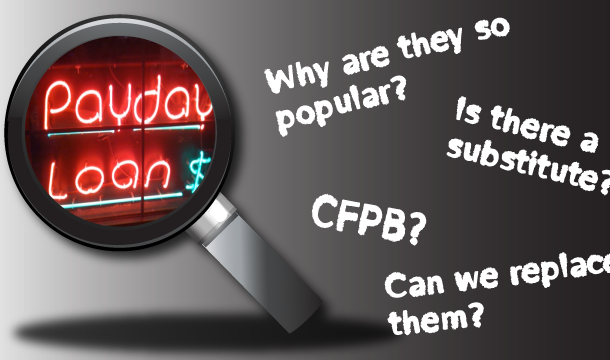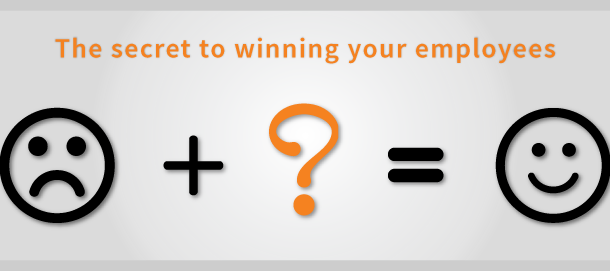
Financial wellness programs compared
Financial wellness programs are an add-on to an employer’s existing non-monetary incentives. The purpose of these programs is to improve employee financial judgment and bring about positive financial outcomes in their lives. A complete program will also include employee incentives or rewards when positive objectives are achieved.
Why have financial wellness programs?
The argument is that if employees worry less about their finances they will be more focused, engaged and hence productive at work. This translates to improved operational efficiency and returns for the business.
There are numerous financial wellness programs on the market. Some include retirement planning, financial literacy, investment planning, debt management, savings schemes, emergency funds, and so on. Businesses must decide for their workforce which program to offer that genuinely improves an employee’s financial well-being.
The ideal financial wellness offering should result in a Win Win situation for both employee and employer. Therefore, usage should measurably reduce an employee’s financial stress by encouraging and promoting a certain type of behavior or lifestyle change. A positive behavior change could mean a contribution to a savings plan, or avoiding a payday loan. While it should help the business achieve greater operational efficiency by way of reduced turnover, increased productivity, reduced absenteeism and greater recruitment.
Not all financial wellness programs are made equal
Some programs that are packaged as financial wellness benefits can be detrimental to employee financial well-being. These products are often masked and positioned as benefits but in reality are incomplete offerings, create negligible value addition and encourage unnecessary expenditure.
401(K) Retirement
A 401(K) plan is a great benefit for employees to build long term financial security should a business offer it – not all do. But while it can help employees save, it has plenty of restrictions and conditions on usage thereby limiting the impact it could have on helping employees deal with short term financial obstacles.
Financial Literacy
Financial education programs are effective for creating general awareness on how and where to spend, invest and save money. Though these literacy programs may have a long term impact provided the employee remains part of the organization offering it, they do not offer a measurable short term benefit.
Loans
Some financial assistance facilities are disguised installment loan products that may have lower interest rates but still add to overall indebtedness as usage increases. In fact most loan programs are disguised predatory loans.
Catalog sales
Catalogue sales programs with salary deduction is another popular program that does not truly contribute to employee financial health because the same products are likely to be cheaper elsewhere. It preys on an employee’s time sensitive needs and provokes over-spending.
New financial wellness services
PayActiv has created an award-winning financial wellness program that helps employees overcome financial shocks while they wait for paychecks. The program takes into account an employee’s immediate and long-term financial needs while not creating any additional debt. The core service allows employees to access a portion of already earned wages for a small ATM like fee. Also included at no cost are services like electronic bill payment, electronic bank transfers, and budgeting and saving. In addition there is a feature for employers to add rewards for employee incentives.
Recipe for success
A good financial wellness benefit should serve a dual purpose – it should improveComponents of a financial wellness programs employee financial health while also improving business performance. PayActiv helps businesses invest in their employees and build a productive engaged workforce.
PayActiv financial wellness program has been voted the best FinTech innovation at Finovate Spring 2016, the best HR product for employee financial wellness by HR Executive 2016 and was the finalist amongst financial inclusion products at the Color of Wealth Summit 2016.
The recipe for success of PayActiv financial wellness program is in its foundation – financial security, dignity and savings for all working people.
Security: where one is not afraid in times of financial stress.
Dignity: where one is self-reliant.
Savings: where one is prepared for a rainy today or tomorrow.
“Beware of little expenses; a small leak will sink a great ship” – Benjamin Franklin
Get Payactiv for your business
Related Articles
April is Financial Literacy Month, a great time for employers to focus on the...
As inflation and the cost of living continue to rise, employees feel the...
If there’s anything the events of the last two years and the ongoing impact...
© 2024 Payactiv, Inc. All Rights Reserved
24 hour support: 1 (877) 937-6966 | [email protected]
* The Payactiv Visa Prepaid Card is issued by Central Bank of Kansas City, Member FDIC, pursuant to a license from Visa U.S.A. Inc. Certain fees, terms, and conditions are associated with the approval, maintenance, and use of the Card. You should consult your Cardholder Agreement and the Fee Schedule at payactiv.com/card411. If you have questions regarding the Card or such fees, terms, and conditions, you can contact us toll-free at 1-877-747-5862, 24 hours a day, 7 days a week.
** Central Bank of Kansas City is the issuer of the Payactiv Visa Prepaid Card only and does not administer, endorse, nor is liable for the Payactiv App.
1 Standard rates for data and messaging may apply from your wireless provider.
Google Play and the Google Play logo are trademarks of Google LLC.
Apple and the Apple logo are trademarks of Apple Inc., registered in the U.S. and other countries. App Store is a service mark of Apple Inc., registered in the U.S. and other countries.




